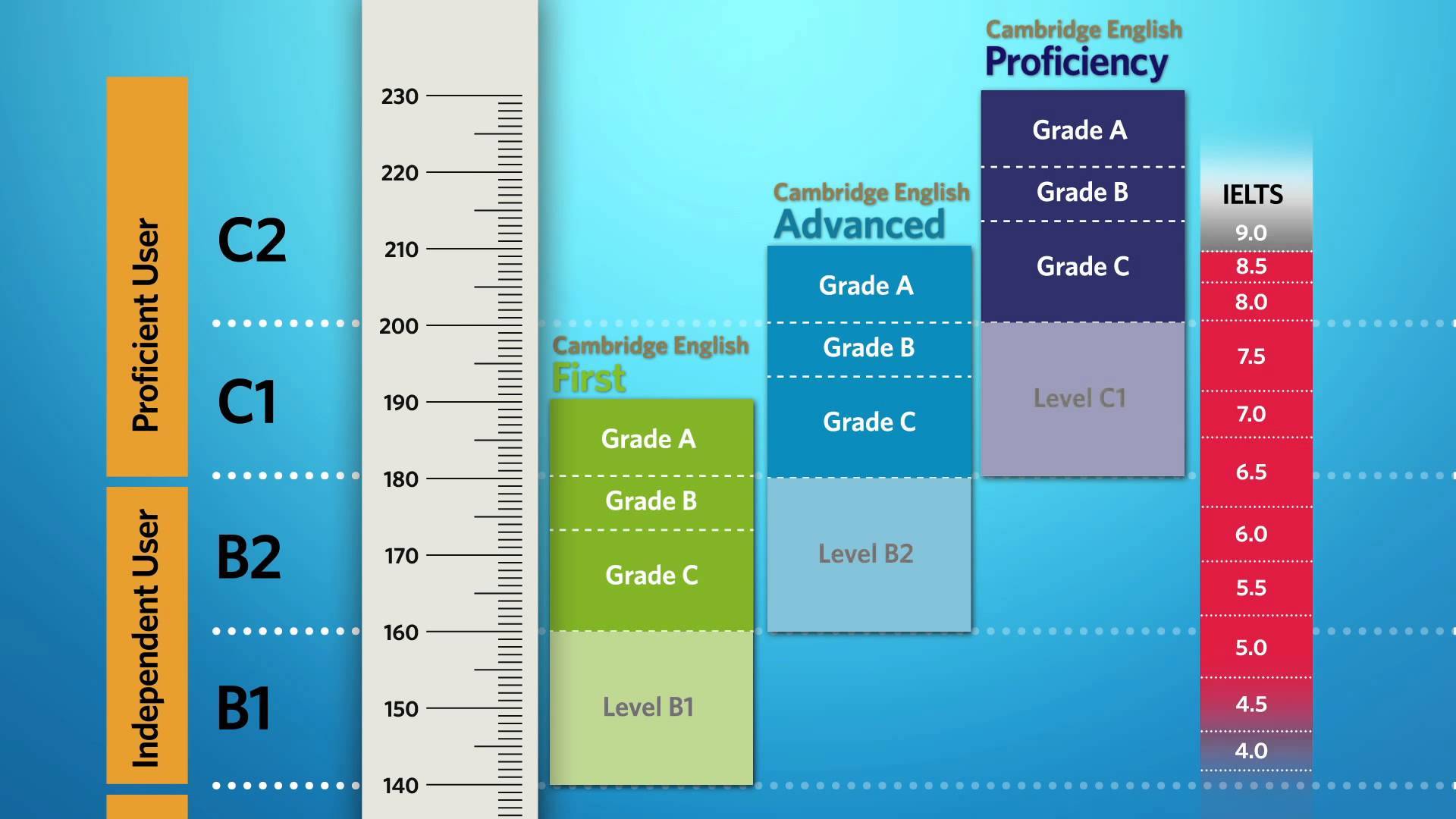What is IELTS?
The International English Language Test (IELTS) is designed to help you work, study or migrate to a country where English is the native language. This includes countries such as Australia, Canada, New Zealand, the UK and USA. Your ability to listen, read, write and speak in English will be assessed during the test. IELTS is graded on a scale of 1-9.
IELTS is jointly owned by the British Council, IDP: IELTS Australia and Cambridge Assessment English.
Why take IELTS?
If you are looking to work, live or study in an English-speaking country, then you must be able to demonstrate a high level of English language ability. English is the third most spoken language in the world, with 379 million speakers worldwide.
Being able to communicate in the native language of the country you wish to work or study in, has a wide range of benefits. It is also essential for job opportunities as well as integration into the community. IELTS is the most popular test for those looking to migrate to Australia, Canada, New Zealand and the UK. It is globally recognised by more than 10,000 employers, universities, schools and immigration bodies including 3,400 institutions in the USA.

IELTS score scale from 0-9:
- Did not attemp the test (Band Score - 0): The test taker did not answer the questions.
- Non user (Band Score - 1): The test taker has no ability to use the language except a few isolated words.
- Intermittent user (Band Score - 2): The test taker has great difficulty understanding spoken and written English.
- Extremely limited user (Band Score - 3): The test taker conveys and understands only general meaning in very familiar situations. There are frequent breakdowns in communication.
- Limited user (Band Score - 4): The test taker's basic competence is limited to familiar situations. They frequently show problems in understanding and expression. They are not able to use complex language.
- Modest user (Band Score - 5): The test taker has a partial command of the language and copes with overall meaning in most situations, although they are likely to make many mistakes. They should be able to handle basic communication in their own field.
- Competent user (Band Score - 6): The test taker has an effective command of the language despite some inaccuracies, inappropriate usage and misunderstandings. They can use and understand fairly complex language, particularly in familiar situations.
- Good user (Band Score - 7): The test taker has operational command of the language, though with occasional inaccuracies, inappropriate usage and misunderstandings in some situations. They generally handle complex language well and understand detailed reasoning.
- Very good user (Band Score - 8): The test taker has fully operational command of the language with only occasional unsystematic inaccuracies and inappropriate usage. They may misunderstand some things in unfamiliar situations. They handle complex and detailed argumentation well.
- Expert user (Band Score - 9): The test taker has fully operational command of the language. Their use of English is appropriate, accurate and fluent, and shows complete understanding.


